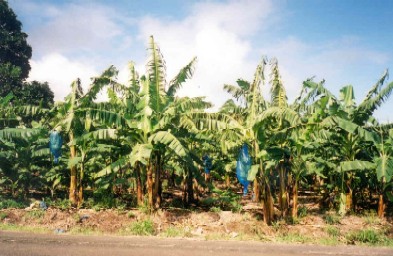In addition to carbon, hydrogen and oxygen, which they get from the atmosphere and water, plants need numerous essential nutrients for their growth and health, which fertilisers provide.
Plant nutrients – notably nitrogen, phosphorus, potassium and sulphur – are constantly exported from farms as plant and animal products. To sustain productivity, these nutrients must be replaced by fertilisers.
Mineral fertiliser plays an essential role in our food systems: it increases the volume of food that can be grown on a fixed amount of land. Approximately half the food we eat today has been produced thanks to mineral fertiliser.
Fertilisers are made from natural resources:
-
nitrogen is made from the air using natural gas and other hydrocarbon sources
-
phosphorus is made from ancient marine deposits and
-
potassium is made from evaporated seas.
Fertiliser feeds the world
Fertilisers play an essential role in feeding a growing global population.They can bring environmental benefits too - fertilisers can increase crop yields. By increasing crop yields we can reduce the amount of land used for agriculture. To combat environmental problems caused by fertiliser misuse, it's critical fertiliser users understand and abide by the 4Rs - right place, right product, right rate and right time.
Improved productivity comes from a range of management practices. Plant variety improvements, pest and disease control and nutrient management. At least 30 to 50% of crop yield is estimated to be attributable to commercial fertilizer nutrient inputs. (Stewart, W.M., Dibb, D.W., Johnston, A.E., Smyth, T.J., 2005, The Contribution of Commercial Fertilizer Nutrients to Food Production. Agron. J. 2005. 97: 1-6.doi:10.2134/agronj2005.0001)